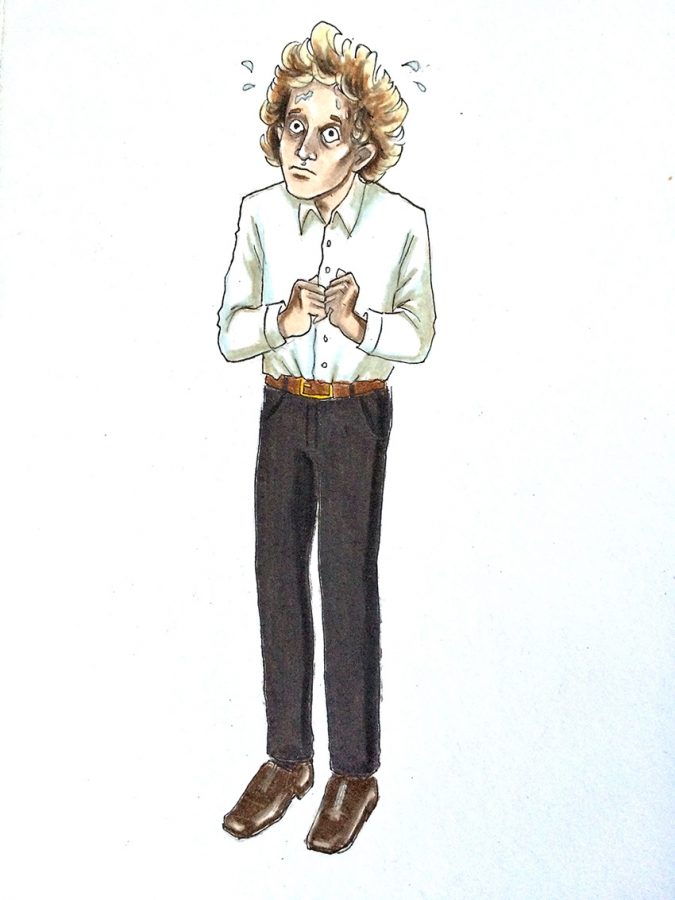With more than 50,000 students and over 1,300 student organizations at UT, you would expect that there is a place for everyone to fit in. But for some students, finding the right organization — or rather, being accepted into the one they want — is harder than expected.
First impressions can be everything, as we all know, but this is especially true for many competitive UT organizations that carry out rigorous and sometimes stressful recruitment and application processes. These processes usually include lengthy applications, projects, tasks, and interviews that are used to gauge how well an applicant will fit into their group. Despite the assumed depth of these tryout processes, they may still only scratch the surface of a person’s personality, and therefore cut out candidates who don’t immediately catch their attention.
Madison Sartor, a cellular and molecular biology senior, says there was limited opportunity to show that she was a qualified candidate in her experiences with recruitment for greek and social organizations.
“All of this is about first impressions, that's all they have to go on,” said Sartor. “… If you're not extroverted, then you have to have some other sort of charisma to get these [organizations] to notice you.”
Many organizations seek a group of diverse personalities, but those personalities usually have common traits — they tend to be extroverted, confident, and outspoken. It is usually this personality type that thrives on a huge college campus because of a culture that tends to favor extroverts. But when you place this specific kind of person on a pedestal, they overshadow those who may not be as loud or charismatic, but are just as talented, passionate and deserving of the same positions.
Being more quiet and introverted is often associated with shyness, a lack of social intelligence, and even capability, but this is not always the case. Rather, a person may just have a lesser tolerance for extended periods of socializing. So, in a recruitment system where you might have to make a lot of small talk or stand out in a group interview, the environment puts more introverted applicants at a disadvantage because it may not give them enough opportunities to portray their personality. Moreover, this could potentially perpetuate the stigma that those who are more quiet or introverted are somehow less confident in their abilities or less intelligent because they don’t always express their thoughts out loud.
It should be noted that when such a huge number of students apply to competitive organizations, it is difficult to get to know each and every applicant on a personal level, and many groups want a very specific personality type. But when a group claims to be diverse, they must truly embrace those who may be different from what they typically look for . This means efforts should be made to improve recruitment processes to where they are less superficial, and based on an applicant’s skills and personality beneath the surface. It would be a shame to miss out on knowing someone because they didn’t speak as loudly as the next person.
Alina Agha is a public relations junior from Karachi, Pakistan. Follow her on twitter @alinaagha96





















